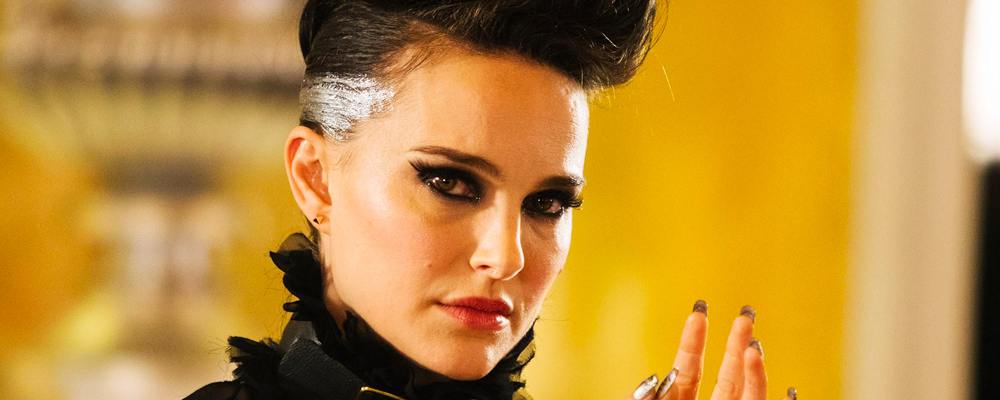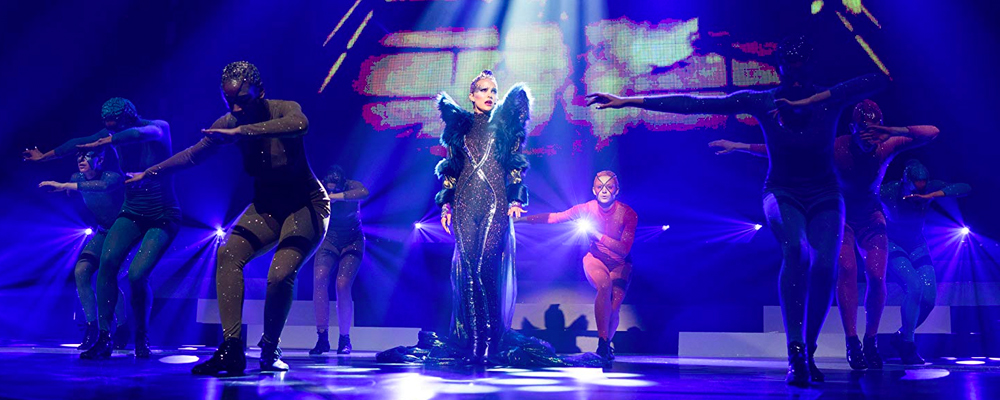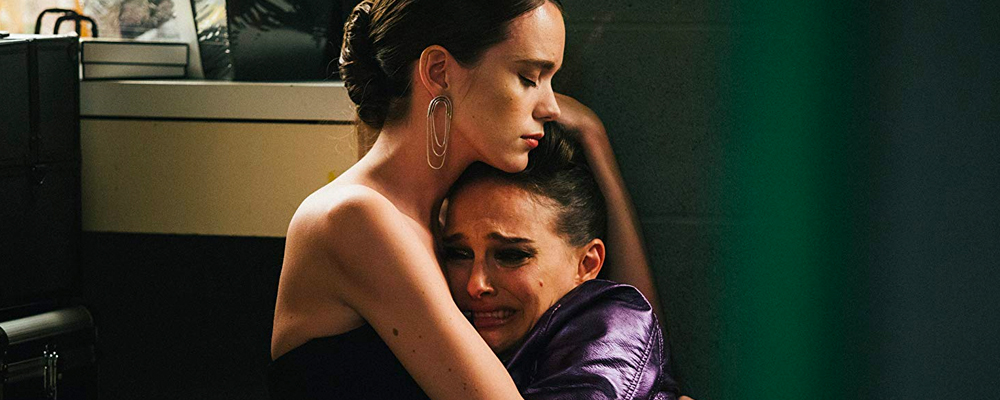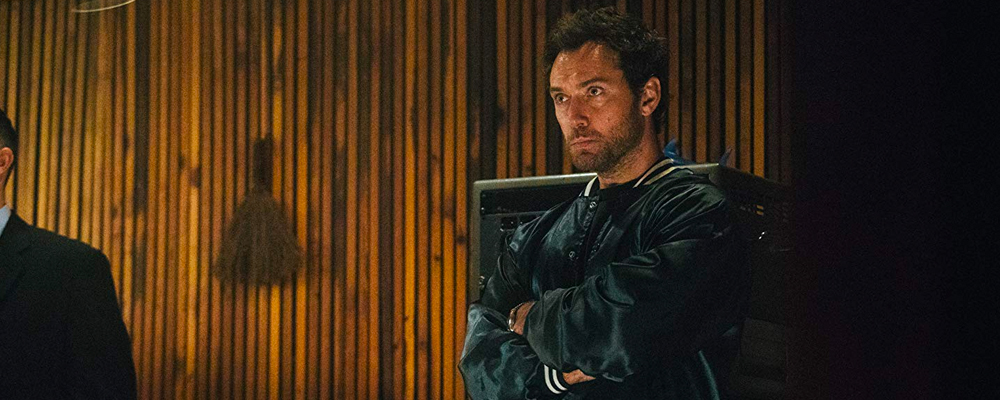‘Vox Lux’ Director Brady Corbet on Channeling Our Current Anxieties Through the Image of a Decaying Pop Star
Alci Rengifo
Brady Corbet feels these are interesting, if dark times. The 30-year-old actor turned director fuses together some of our defining themes and anxieties, from mass shootings to terrorism, with the crowd madness of pop stardom in “Vox Lux” It is Corbet’s follow up to his impressive 2015 directorial debut “The Childhood of a Leader,” which explored political darkness from the vantage point of a kid witnessing the formation of the Treaty of Versailles. “Vox Lux” is a contemporary fable of pop music’s grittier shades, of the hungover lives behind the glossy album covers. Natalie Portman is a diva in slow meltdown named Celeste, who survived a school shooting as a teenager and has been haunted by it ever since. She is like an amalgam of all those recent glass icons that have graced the tabloids, from Britney Spears to Kanye West. Jude Law plays her longtime manager who also feeds her bad habits.
Filmed in a glossy style that contrasts with Portman’s blistering performance, “Vox Lux” (the title refers to the title of Celeste’s new album) is a strange and alluring fable about celebrity and our general culture. Corbet recently sat down with Entertainment Voice to share about the making of his flashy opus.
Let’s get started with the genesis of the project. Your first movie was interesting in how it dealt with distant, World War I history. This one is very contemporary and deals with the sounds and cultural history of today.
After “Childhood of a Leader” I knew that I wanted to make a contemporary movie. My wife is from Norway, we just had our daughter in Norway. We had been in pre-production in Paris on the previous film, shot in Hungary and did post in Paris. After living abroad all of these years, we really wanted to move back to America… for a variety of reasons, my mother lives in New York City, etc. It is infinitely more dangerous and compelling to make a movie at home about right now. I knew that to do that, to speak about it frankly, would provoke very strong reactions. Through poetry and theatrics, where everything is a bit heightened, it allows us to take a lot of themes head on. To have a character who is affected by both domestic terrorism and then an act of international terrorism might be totally absurd in a neo-realist context, but if it’s presented like an opera then it totally works.
Thematically it makes sense because you’re linking things that we are living through in this era, where violence and celebrity swirl in the cultural stew. Even the current president in a way is a pop star.
Completely. I think that the way Celeste talks to the crowd at the end of the movie reminds me a lot of the way the president speaks to his supporters at rallies. He manages to touch on people’s insecurities and their bigotry, and exploit it totally to his own advantage. Celeste does this with her fans. She tells the crowd, “has a boy every broken your heart?” It’s basically speaking in platitudes and generalities that have no meaning at all, and yet it’s delivered with so much intent that it makes everyone feel like, “yeah a boy has broken my heart!” This notion of commercial capitalist promise, that you can have all the money in the world, you can have all the pussy in the world, that’s really disturbing.
There is a contrast in the film between her life in private and the vapidity of the songs. The songs are general pop stuff, but completely disconnected from how she’s actually living.
One of the interesting things is how in the first half of the film, one of the first songs you hear her recording is a song named “Alive.” It’s about how she feels alive after surviving what happens early in the film but it’s kind of absurd, kind of funny and unsettling. It’s an example of taking her private pain and making it digestible for the masses.
Can you share about preparing this character with Natalie Portman? You do see shades of different pop icons in her performance, a little Britney Spears, etc.
The character is an amalgamation of different real life personalities. But we did want the character to be original. I did not want to exploit the thing that I am protesting. I didn’t want anyone to feel like we were making fun of them. There are some tropes that have become common place, like a stint in rehab or public breakup. But it happens because it’s an inhuman thing to be on the road 200 days a year. It’s more valuable for a pop star to be on the road now than to put out an album.
But Portman’s performance is so spot on. How did you pull that out of her?
To be perfectly honest I didn’t have to do much. A lot of it was on the page and the rest of it was Natalie. The rest of the cast too did it all themselves. Raffey Cassidy (who plays the young Celeste and later her daughter) needed zero calibration. She showed up and she performed exactly as she performed on the film. The only note I ever gave her was “good job.” You try to hire the right people and have faith in their ability and you try to provide an environment where they feel safe to try things. They need to know they’re not being laughed at behind the monitor, that they’re allowed to be brave. The possibilities are endless, even occasionally very transcendental. The theatrics, especially in the second half of the film get so heightened, they reach these kind of Max Ophuls comic heights. For better or worse, the film is exactly as it was designed to be.
What do you have planned as a follow up?
I’m making a film (“The Brutalist”) about a mid-century architect. It’s really about somebody who is very, very gifted and the antagonisms that he faces as he tries to make something grand.
“Vox Lux” opens Dec. 7 in select theaters.





